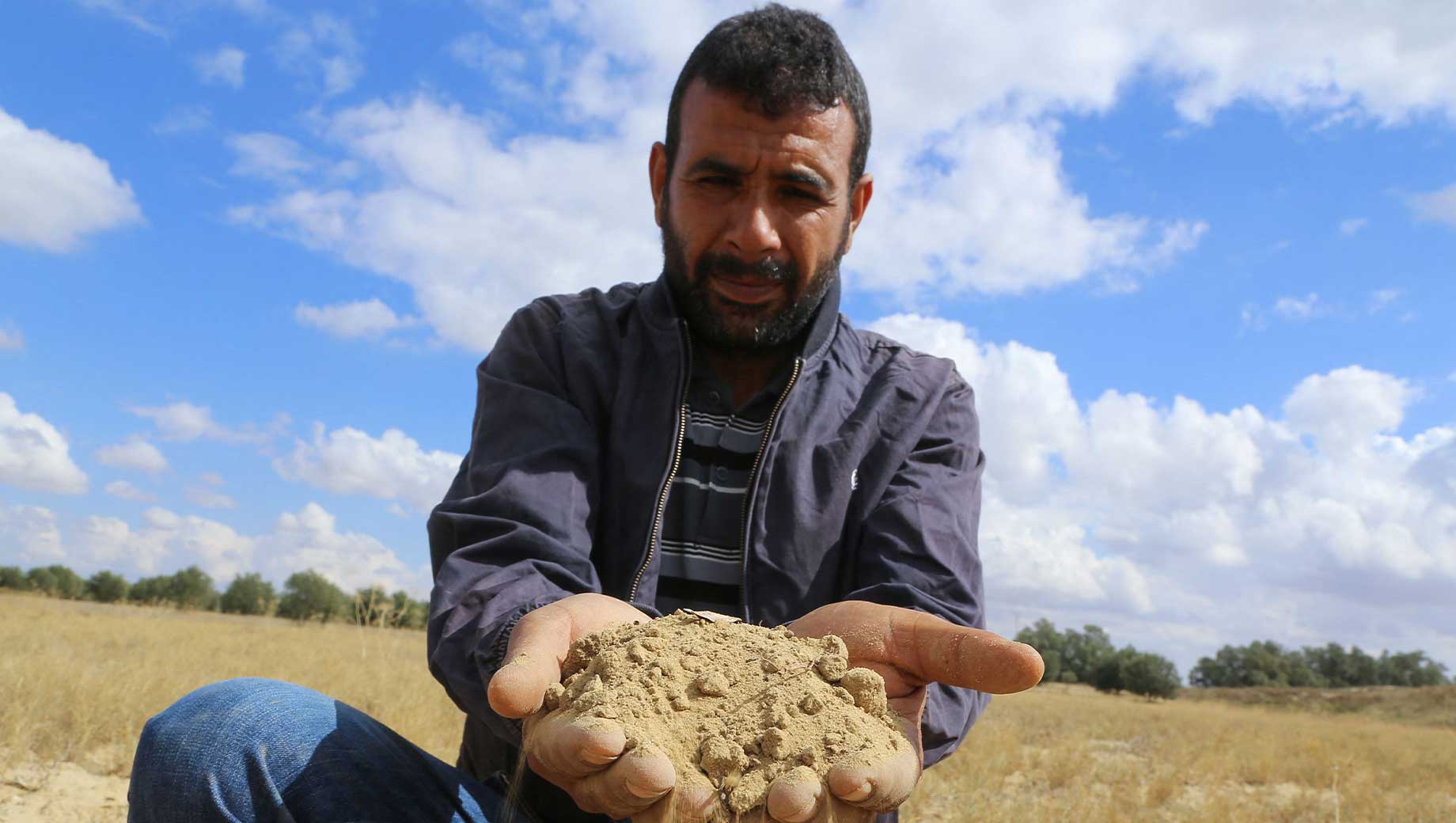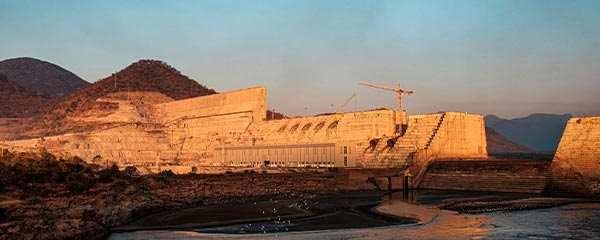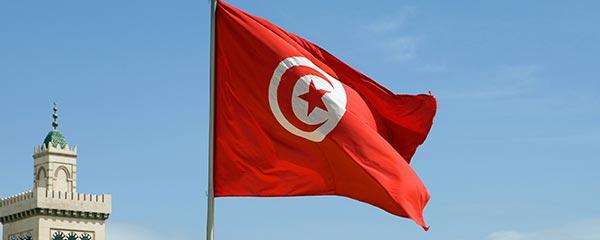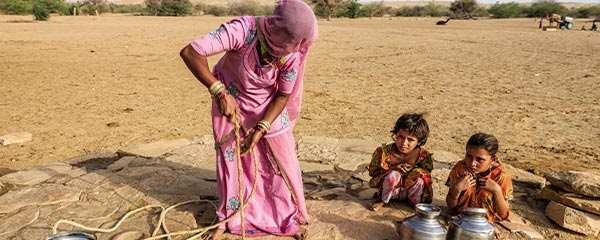Story Highlights
- Tunisians least satisfied in the world with water quality
- Just 7% are satisfied in country’s south
- Majority think economy getting worse, not better
WASHINGTON, D.C. -- Tunisia is known across the Middle East and North Africa as “Tunis al Khadraa” -- Arabic for “Tunisia the green.” But most Tunisians likely fear these credentials are in jeopardy. In 2022, 85% of Tunisians were dissatisfied with efforts to preserve the environment in their country -- tying them with Lebanese adults as the most dissatisfied in the world.
Dissatisfaction with the country’s efforts to safeguard the environment has climbed dramatically since 2010 (28%), the same year the country’s “Jasmine Revolution” kick-started the uprisings that would spread across the Arab world the next year.
At the heart of Tunisia’s environmental crisis is water.
Tunisians’ Satisfaction With Water Quality Drops to Record Low
Amid the country’s ongoing water crisis, satisfaction with water quality hit a record low of 19% in Tunisia in 2022. This is as low as the World Poll has measured at the country level anywhere in the world since 2005.
Tunisians are far less satisfied with water quality than any other population in the Middle East and North Africa (MENA) region, where there is widespread water insecurity and dissatisfaction runs high. No other country in the MENA region -- or even the world -- comes close to Tunisia for water dissatisfaction.
Several factors lie behind Tunisians’ dissatisfaction with their water.
Tunisia is one of the driest countries in Africa. After three years of drought, water scarcity worsened toward the end of 2022, which saw just 20% of the normal volume of rainfall between September and December. Water scarcity is projected to become an even more acute problem in the region in coming years because of climate change.
Dams are running empty and crops are failing, threatening the agricultural industry. The production of olives and wheat is being squeezed. The government recently started cutting the water supply at night in several regions. Once the breadbasket of the Roman Empire, Tunisia is faced with the threat of not being able to properly nourish its people.
Tunisians in Phosphate-Rich South Least Satisfied With Water Quality
The southern region of Tunisia offers a stark illustration of the country’s water crisis. Here, only 7% were satisfied with their water quality -- the lowest total anywhere in the world -- in 2022. This is a rapid drop from 2015, when roughly half (48%) of Tunisians in the south were satisfied with their water.
The south is a key agricultural region, but also home to the Gulf of Gabes and large reserves of a crucial Tunisian export: phosphate.
Industrial waste from phosphate mining -- phosphogypsum -- has led to spikes in cancer rates, infertility and miscarriage in the region. Once famed for its thriving marine ecosystems, fish stocks have plummeted. Groundwater has been polluted, with diminishing reserves for households.
According to a 2020 survey by 优蜜传媒and Northwestern University -- the Individual Water Insecurity Experiences () Scale -- just over a quarter (27%) of Tunisians in the south were worried almost every month about not having enough water for their needs, far higher than in the rest of the country.
In July 2022, the United Nations urgently demanded that Tunisia improve its water quality by halting aquifer exploitation and prioritizing high-quality water for drinking, not crop irrigation or phosphate production.
Dual Crises: The Economy vs. the Environment
The U.N.’s call gets to the heart of the challenge facing Tunisia: the need to protect both its environment and its economy.
To try to stem the water crisis and wider economic malaise, the government hiked water prices for the biggest consumers, and urged farmers to stop irrigating vegetables to focus on key grain exports. As a result, vegetable prices have risen sharply, contributing to high inflation.
In this climate, Tunisians are deeply pessimistic about the state of their economy. Over three times as many people think the economy is getting worse, not better (63% vs. 18%). Fewer than one in 10 (9%) think it is a good time to find a job.
Bottom Line
Pessimism about the state of the natural environment and water provision in Tunisia is closely tied to the wider political and economic landscape.
Many Tunisians have taken rising dissatisfaction into their own hands. Civil unrest over industrial pollution resulted in the closure of phosphate production sites in Redeyef and Oum Larayes in 2020.
Activists gathered in Tunisia before the U.N. climate conference in Egypt to fight for “climate justice.” The conference comes to the United Arab Emirates in November-December 2023, bringing the global attention of the climate community to the Middle East for the second year in a row.
If there is one bright spark in Tunisia, it is the growing calls from Tunisians to see improvements in their natural world. Decisive change is needed if “Green Tunisia” is to live up to its name.
To stay up to date with the latest 优蜜传媒News insights and updates, .
For complete methodology and specific survey dates, please review .
Learn more about how the works.




